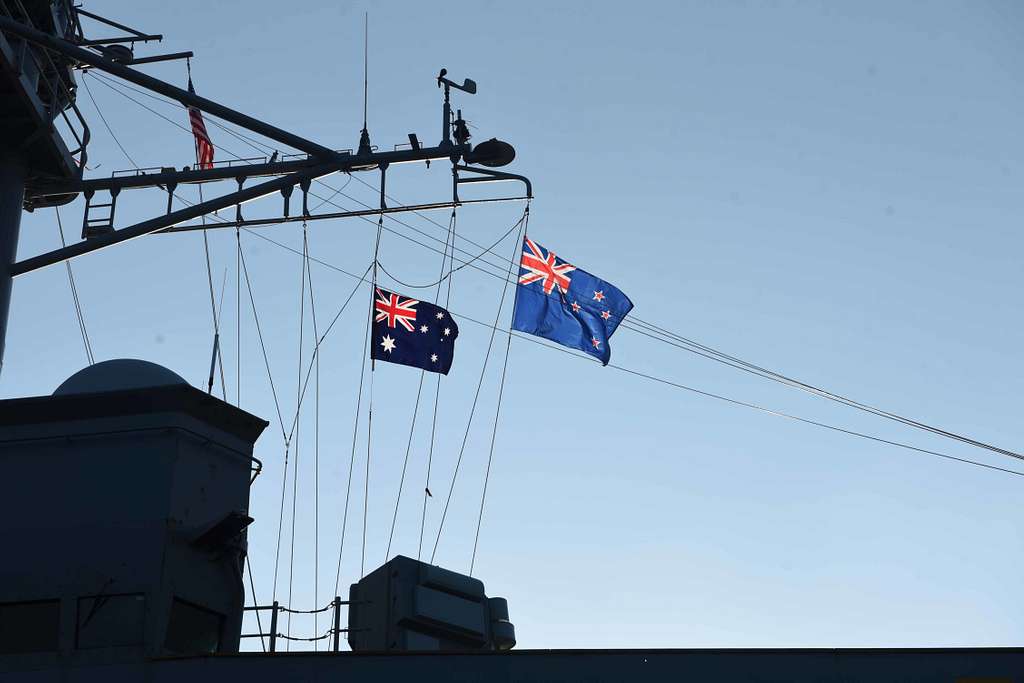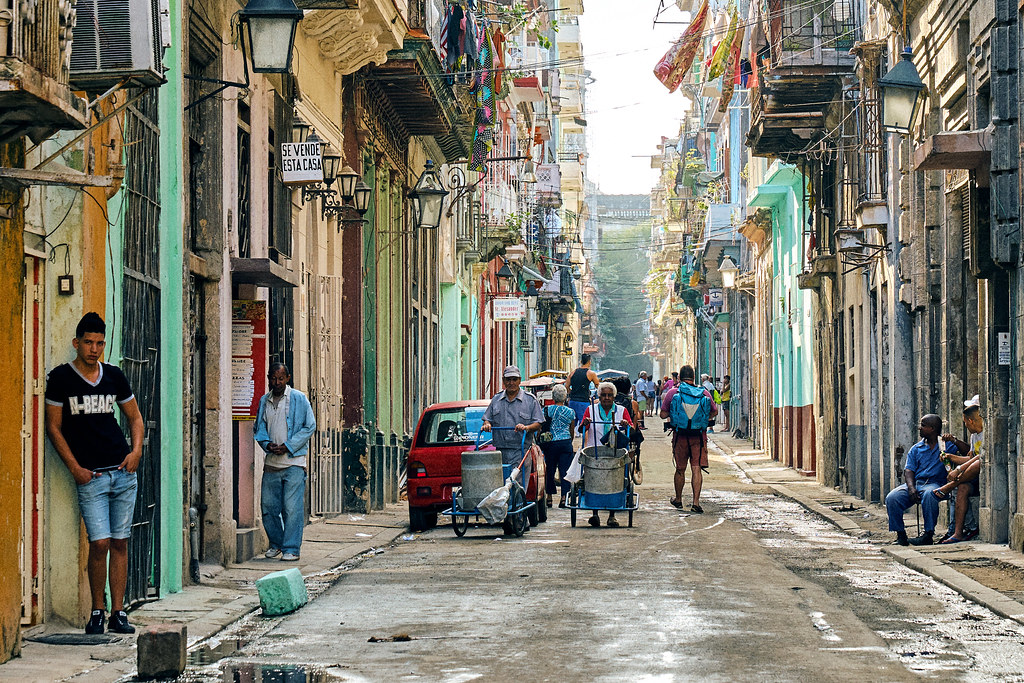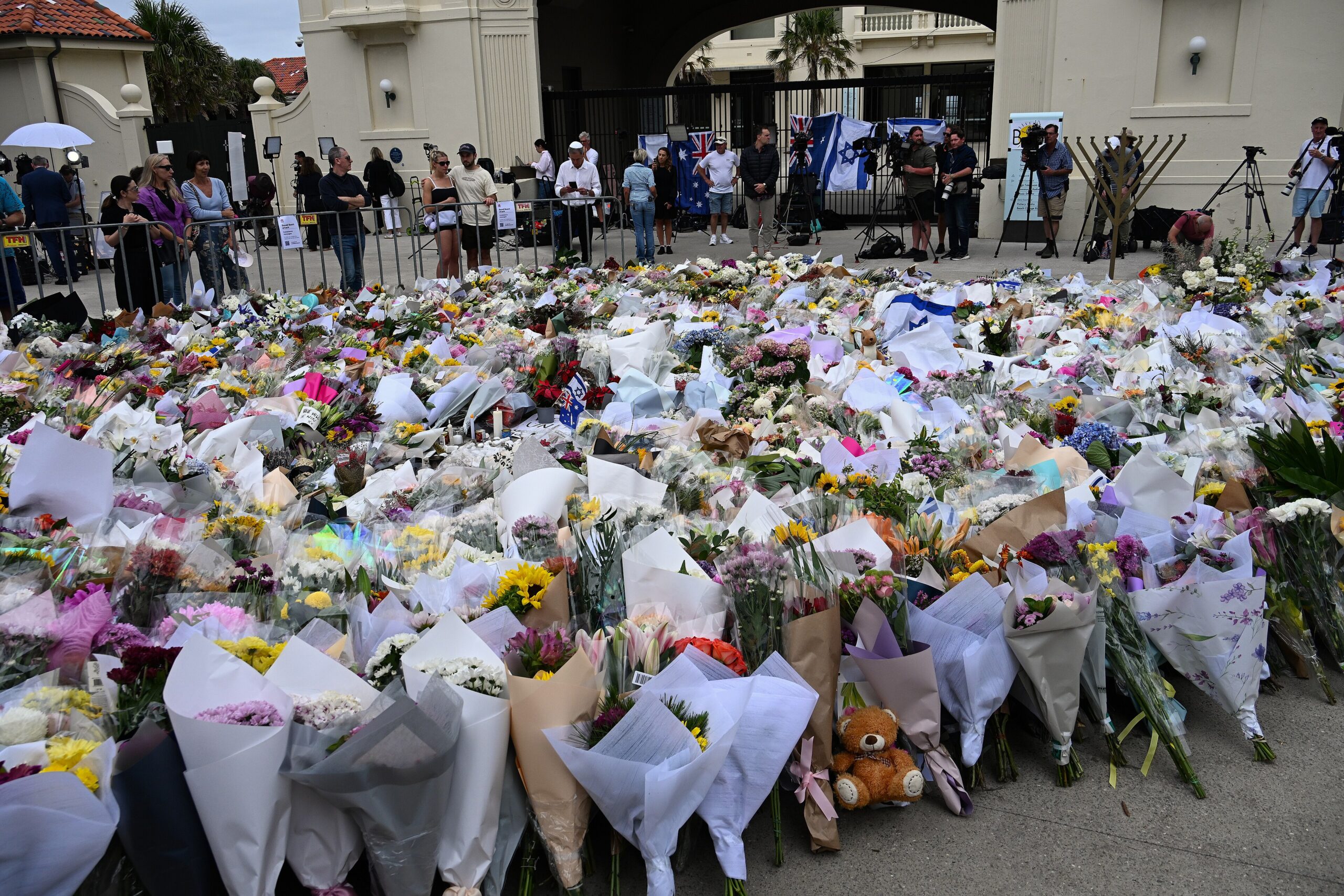In recent years, the International Criminal Court (ICC) has made headlines with arrest warrants for figures like Russian President Vladimir Putin, Hamas leader Mohammed Deif, and Israeli Prime Minister Benjamin Netanyahu, and arresting former Philippine President Rodrigo Duterte. However, most individuals accused of war crimes, crimes against humanity, or genocide will never see the inside of The Hague. Instead, many face justice—if at all—in the courtrooms of countries far removed from the scenes of their alleged crimes, prosecuted not by international tribunals but under obscure domestic laws.
These trials often rely on a legal principle known as universal jurisdiction. Since World War II, many states have enacted laws allowing their courts to prosecute serious international crimes, even when these occurred abroad, involved no citizens of the prosecuting country, and posed no threat to national security. Universal jurisdiction rests on a moral claim: that some crimes are so egregious their perpetrators are enemies of all humanity—hostes humani generis—and must not escape justice merely because their home governments choose to protect them.
Advocates have long framed universal jurisdiction as a necessary backstop when perpetrators “live with impunity” in countries unwilling or unable to prosecute them. Chilean dictator Augusto Pinochet became the symbol of this logic. After overseeing a brutal regime marked by torture, disappearances, and mass killings from 1973 to 1990, Pinochet remained untouchable in Chile thanks to an amnesty law and his continuing power as a senator-for-life. That changed in 1998, when Spanish judge Baltasar Garzón requested his arrest while Pinochet was in London for medical treatment. British authorities complied, placing him under house arrest for 15 months. But despite the international legal spectacle, Pinochet was ultimately allowed to return to Chile, where he died without ever being convicted.
The original ambition of universal jurisdiction was to ensure that figures like Pinochet couldn’t hide behind national shields. Yet those ultimately prosecuted under universal jurisdiction often look very different from it’s original targets. Today, the most likely defendants brought to trial are not entrenched autocrats living comfortably in their home countries but exiles and asylum seekers—people on the losing side of political transitions who fled home to survive. Their vulnerability abroad, and the willingness of their opponents to cooperate with foreign prosecutors, makes them far more likely targets of international trials.
Eugene Rwamucyo, a former doctor accused of complicity in the 1994 Rwandan Genocide, provides one such example. Rwamucyo, a member of the Hutu ethnic majority that was overthrown by Paul Kagame’s Rwandan Patriotic Front (RPF) in 1994, fled to France following the genocide and managed to hide there for years. In 2006, Rwanda issued an Interpol Red Notice requesting Rwamucyo’s arrest. This Red Notice led to his eventual capture after a nurse at the hospital where he was working recognized him from a photo on the Interpol website. Rwamucyo faced justice because his political opponents cooperated to make it so—an outcome that aligned with their political incentives.
A closer look at universal jurisdiction defendants reveals this pattern playing out repeatedly. Defendants who are on the run from their home regimes are about 30 times more likely to reach the trial stage than a complaint against a defendant who remains in power in their home state.
It is worth questioning whether it matters how defendants like Rwamucyo or Pinochet face justice, as long as they do. After all, a crime is a crime. But this distinction raises several concerns for international justice.
First, the bias that leads defendants who are living in fear of their home regimes to be more likely to be arrested and go on trial can lead to selective justice. If both sides in a conflict commit atrocities but only one is prosecuted, victims may view these trials as biased, undermining trust in the system. This bias can also distort the historical narrative produced by international justice trials, which is often viewed as one of the key benefits of such prosecutions.
Second, the machinery of international justice can be weaponized. Authoritarian regimes have repeatedly used Interpol Red Notices and extradition cooperation to pursue political opponents under the guise of justice. Rwanda’s government, under Paul Kagame, has mastered this tactic—using international legal instruments to sideline or imprison exiles it sees as threats. In Rwamucyo’s case, his arrest may have satisfied legal and moral demands, but it also served the strategic interests of the very government that rose to power amid the genocide.
This politicization poses an existential challenge to the legitimacy of international justice. If the pursuit of accountability bends to political convenience, it risks becoming a tool of repression rather than a safeguard against it. To avoid this fate, domestic and international legal systems must strengthen prosecutorial independence, create meaningful checks against politically motivated prosecutions, and improve transparency around case selection.
The ICC’s recent headline-making actions suggest that international justice still holds power to confront the mighty. But beyond the spotlight, in the quieter corridors of universal jurisdiction, justice remains deeply uneven. Without reforms to guard against its selective application, the promise of accountability risks serving the ambitions of the powerful more than the needs of their victims.
Natalie Bryce is a PhD Candidate in Political Science at UCLA. Leslie Johns is a Professor of Political Science at UCLA. Máximo Langer is a Professor of Law at UCLA.
This article is published under a Creative Commons License and may be republished with attribution.





